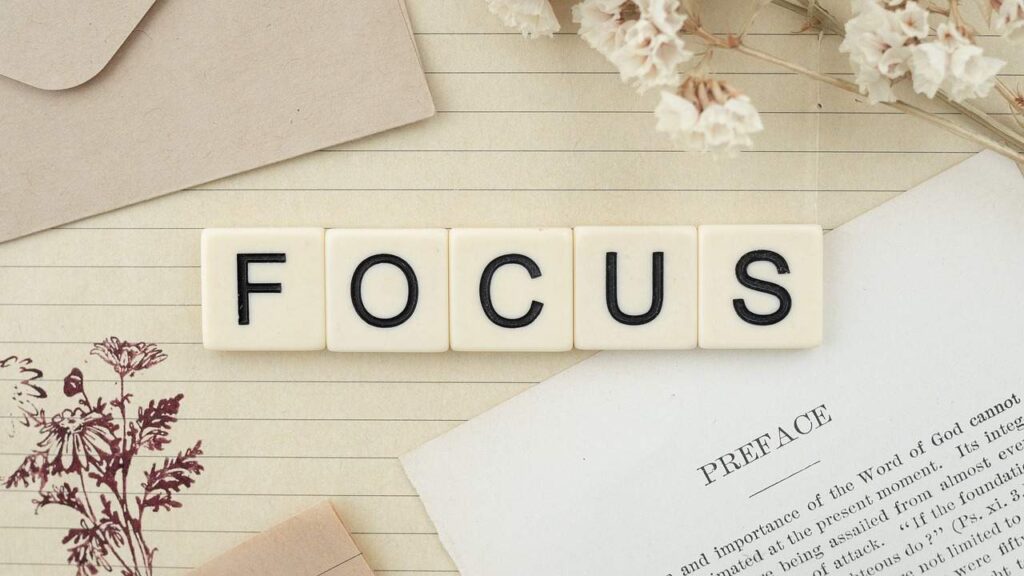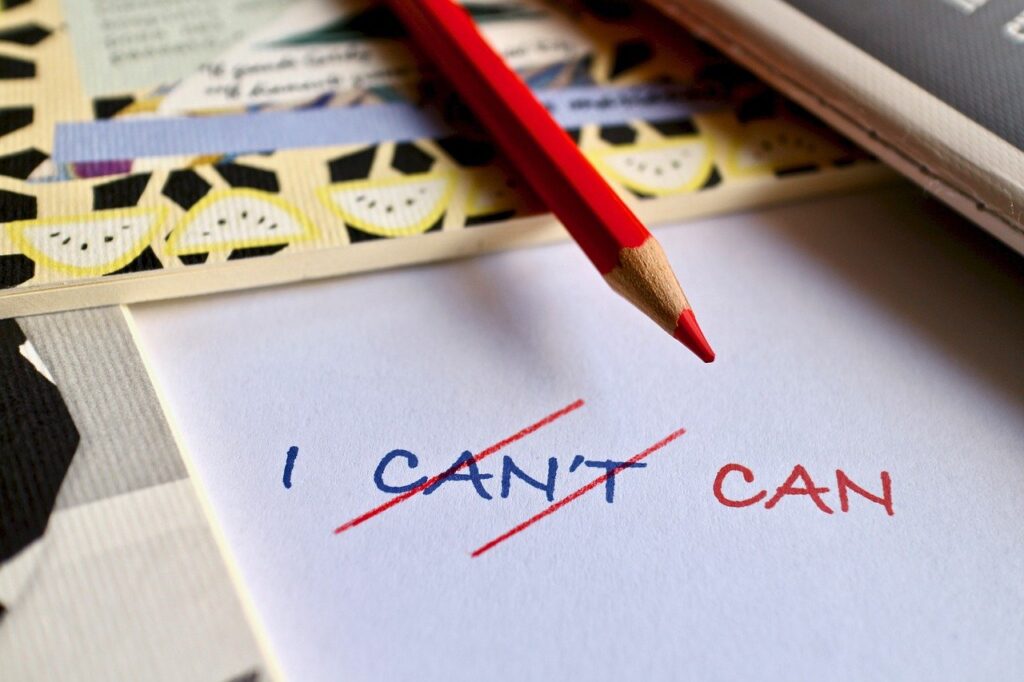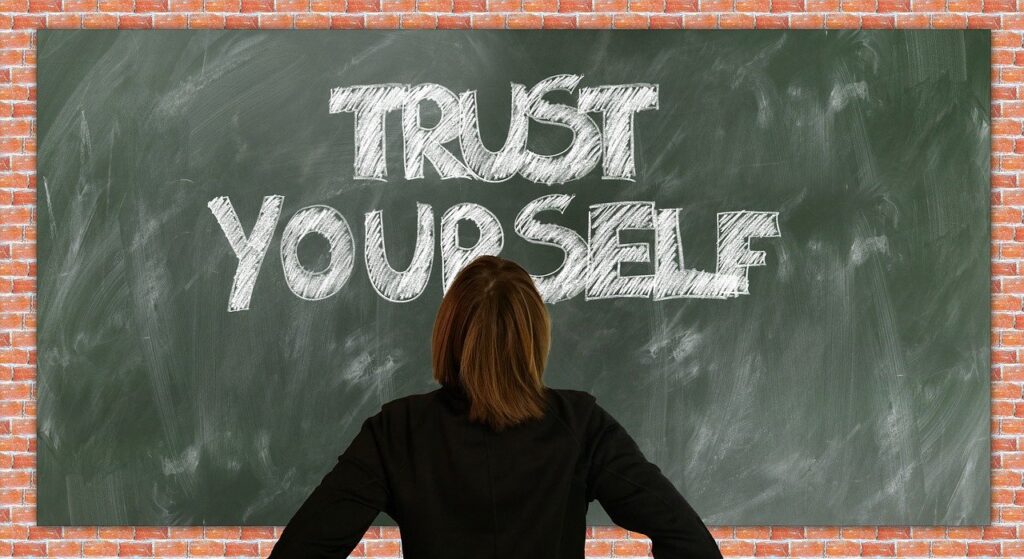The 5 C’s of Mental Preparation

Introduction
The stadium lights are on, team’s supporting staff is in “panic” mode making sure that everything is running properly, thousands of fans have already arrived, chanting in anticipation of a Big Win. The coach is giving his last de-brief and the Big Game, the one that people have been longing for, is about to begin. The players are on the limelight and fans’ and everyone else’s expectations from them are remarkably high.
For an athlete to thrive in a big game, there are two types of preparation needed: physical and mental. In this article, mental preparation will be explored, with a view to describe some useful strategies for dealing with and overcoming the pre-game jitters and manage to reach the much-wanted Win.
The 5 C’s of Mental Preparation before an important match:
Concentrate
Calculate
Challenge
Continue
Calm
“The 5 C’s of Mental Preparation
Concentrate
Calculate
Challenge
Continue
Calm
A. Concentrate on the present
Concentration and being able to manage your thoughts is crucial for every game, even more for the one that may define a championship. Being focused helps you make clearer choices and allows you to understand what’s going on during the game by having a peripheral vision of the court, your teammates, and opponents. Simultaneously, getting distracted by fans, opponents or referees’ decisions’ becomes harder. With that kind of mindset, the athlete focuses only on the present moment, leaving past results or thoughts about the future on the side.

“Concentration and being able to manage your thoughts is crucial for every game, even more for the one that may define a championship“

B. Calculate the steps not the outcome
This mindset shifts the focus from the outcome to the steps (process) you need to get there. When a Big Game approaches people tend to focus on getting the result they expect, which is to win, detracting the attention from what matters most, which is the process. In goal setting and performance psychology finding the right steps and defining a process to achieve your goals are prerequisite of optimal performance. So, instead of thinking about what the outcome of the game will be, it is wiser to say “How can I play my best?”
C. Challenge your negative thoughts
Getting distracted by negative (or dysfunctional) thinking, because of pressure, could be expected before a crucial match. However, the difference between mental preparation and the lack of it, is the ability to challenge those thoughts and replace them with more rational ones. Such examples could be:
“If we lose, it is the end of the world.”
“I am not able to beat this opponent.”
“I will never forgive myself if I miss a critical shot.”

” However, the difference between mental preparation and the lack of it, is the ability to challenge those thoughts and replace them with more rational ones”
D. Continue to prepare throughout the season

Mental preparation and readiness to perform under immense pressure is not an achievement that occurs overnight. It is a long-term process that takes place during all trainings of the season. Drills rehearsal, visualisation of the moment, improving your weaker points, building strong and supporting relationships with your coach and teammates are all leading to performance enhancement. The more you practice, the better you feel and act, when a challenging situation occurs.
E. Calm your mind with visualisation and imagery
Imagery is also known as visualisation, mental rehearsal or mental practice, even though there are some differences between those terms. Imagery involves the use of figurative language to represent the objects, ideas and actions in such a way that it appeals to the physical senses. It involves the creation of a visual representation of ideas in the mind. The process of imagery is about internally experiencing sport, in a situation that mimics reality. These techniques have a range of mental benefits including increased self-esteem, stress levels regulation and increased motivation.
Some other elements that are quite important in getting ready before the Big Game are getting enough sleep and having a balanced and nutritious diet. Lack of them could impair cognitive function, thus concentration and physical strength.
As Michael Jordan said “Talent wins games, but Teamwork and Intelligence wins championships”, focusing once again on the mental elements of performance.

“Talent wins games, but Teamwork and Intelligence wins championships”
Michael Jordan
Christie Miliordou, Sport Psychologist & Mentor


